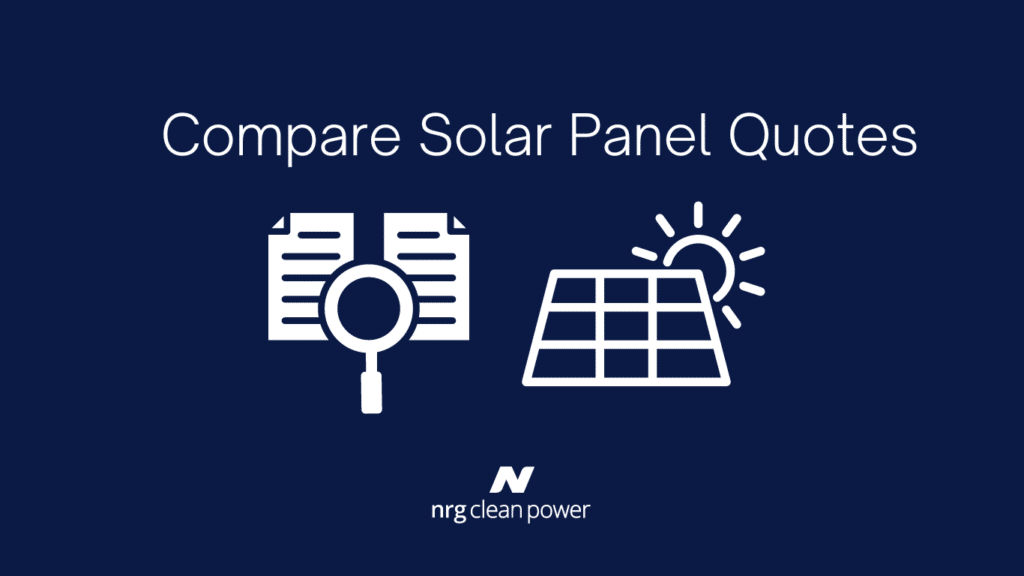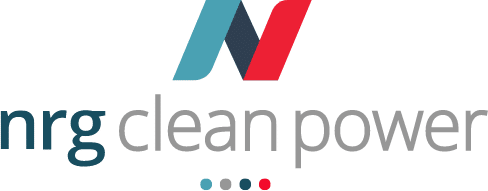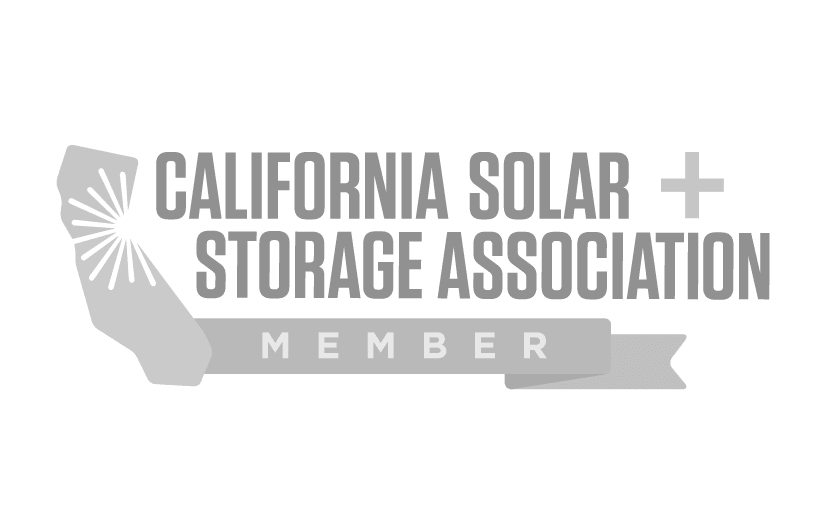
Comparing multiple solar quotes is crucial for homeowners, as it offers clarity on available options and can lead to significant savings. This guide walks you through the essential steps to evaluate and compare solar panel installation quotes effectively, helping you make well-informed and cost-effective decisions.
Key Components of a Solar Quote
A comprehensive solar quote should include:
- System Design and Size: Details about the layout, number of panels, and estimated system size (e.g., 10 kW). For more information, visit this guide on calculating solar system size.
- Equipment Specifications: Information on solar panels, inverters, mounting systems, and other components.
- Cost Breakdown: A clear breakdown of costs, including equipment, labor, permits, and any additional fees.
- Warranties and Guarantees: Coverage details for both equipment and installation workmanship. Learn more about solar panel warranties.
- Energy Production Estimates: Projections for how much energy the system will generate annually.
- Financing Options: Available payment methods such as loans, leases, or cash purchases. For details on financing in California, see this solar financing guide.
- Installer Credentials: Certifications, experience, and customer reviews or testimonials.
System Design and Size
- Comparing Designs: Different installers may propose varying system layouts based on roof orientation, shading, and other factors. Evaluate which design maximizes sunlight exposure and fits your roof’s specifications. Check out this guide to solar system size for further insights.
- System Sizing: Ensure the proposed system size aligns with your energy needs. Larger systems are not always better; they should be optimized for efficiency.
- Future Expansion Considerations: Consider whether the system design allows for future expansion (e.g., adding batteries or more panels).
Equipment Quality
- Solar Panels: Evaluate the efficiency and brand reputation of the panels. Monocrystalline panels, for instance, are more efficient but may be pricier than polycrystalline options.
- Inverters: Compare the types of inverters (central vs. microinverters) offered and their reliability.
- Other Components: Ensure that mounting systems, cables, and batteries (if included) are of high quality and match industry standards.
- Tips: Look for quotes that specify the exact brands and model numbers to make direct comparisons easier.
Cost Breakdown
- Cost Per Watt: One of the best ways to compare quotes is to calculate the cost per watt (total system cost divided by system size in watts). This helps standardize comparisons between different system sizes.
- Total System Cost: Make sure the quote includes all necessary expenses such as permits, installation, and post-installation services.
- Additional Fees: Watch out for hidden fees or charges like maintenance costs, monitoring services, or extended warranties. Ensure everything is clearly outlined. For a comprehensive breakdown of solar costs in California, refer to this solar panel cost guide.
Warranties and Guarantees
- Equipment Warranty: Compare warranties on the solar panels and inverters. A standard warranty is usually around 25 years for panels and 10-12 years for inverters.
- Workmanship Warranty: This covers the installation process. Look for companies offering at least 10 years of coverage.
- Performance Guarantee: Some companies offer guarantees on the system’s energy production. Compare these projections and ensure they are backed by clear terms.
- For a detailed explanation, visit this warranty guide.
Energy Production Estimates
- Assessing Projections: Quotes should include estimates for annual energy production based on your location and roof specifics. Compare these numbers to understand which system is expected to be most efficient.
- Reviewing Assumptions: Make sure the estimates consider factors like shading, roof angle, and weather patterns in your area. To learn about how much sunlight your home gets, see this guide.
- Pro Tip: Ask for production estimates over a 20-25 year period to see long-term energy savings.
Financing Options
- Cash Purchase vs. Loans vs. Leases:
- Cash Purchase: Offers the highest ROI but requires significant upfront capital.
- Loans: Compare interest rates, repayment terms, and monthly payments.
- Leases and PPAs: Low upfront costs but may have long-term commitments and varying benefits.
- Tips: Look for quotes that provide flexible options tailored to your financial situation. For more insights on solar financing in California, check out this resource.
Installer Credentials and Reputation
- Certifications: Verify that the installer is certified by the NABCEP or other relevant authorities.
- Experience: Companies with extensive experience typically have better installation practices and customer service.
- Customer Reviews: Check online platforms (Google, Yelp, BBB) for customer feedback to gauge reliability and satisfaction.
Incentives and Rebates
- Inclusion in Quotes: Ensure that each quote incorporates available local, state, and federal incentives (e.g., the Federal Solar Tax Credit).
- Rebate Management: Some installers assist with rebate applications. Verify if this service is included, as it can save time and effort.
- Pro Tip: Confirm eligibility requirements and timelines for incentives to maximize your savings.
Timeline and Project Details
- Installation Timelines: Compare the estimated timelines for permitting, installation, and grid connection. Quicker timelines may be preferable but should not compromise quality.
- Specific Project Requirements: Look for details such as site preparation, potential roof modifications, and any required approvals (e.g., HOA permits).
Tips for Negotiation
- Using Multiple Quotes: Leverage competing quotes to negotiate better terms. Highlight differences in price, warranties, or services to get the best deal.
- Price Matching and Discounts: Some companies may price match or offer discounts if presented with competitive quotes. Don’t hesitate to ask for additional perks like free maintenance or monitoring services.
- Pro Tip: Always request quotes in writing and compare them side by side to identify any discrepancies.
Conclusion
Comparing solar panel quotes thoroughly is essential for homeowners looking to get the best value. By understanding key components like system design, equipment quality, warranties, and costs, you can make an informed choice that maximizes savings and long-term benefits. Take your time, gather multiple quotes, and use this guide to evaluate your options carefully. Investing the effort upfront can lead to significant financial and energy savings over the life of your solar system. For a comprehensive guide to going solar, explore this resource.

